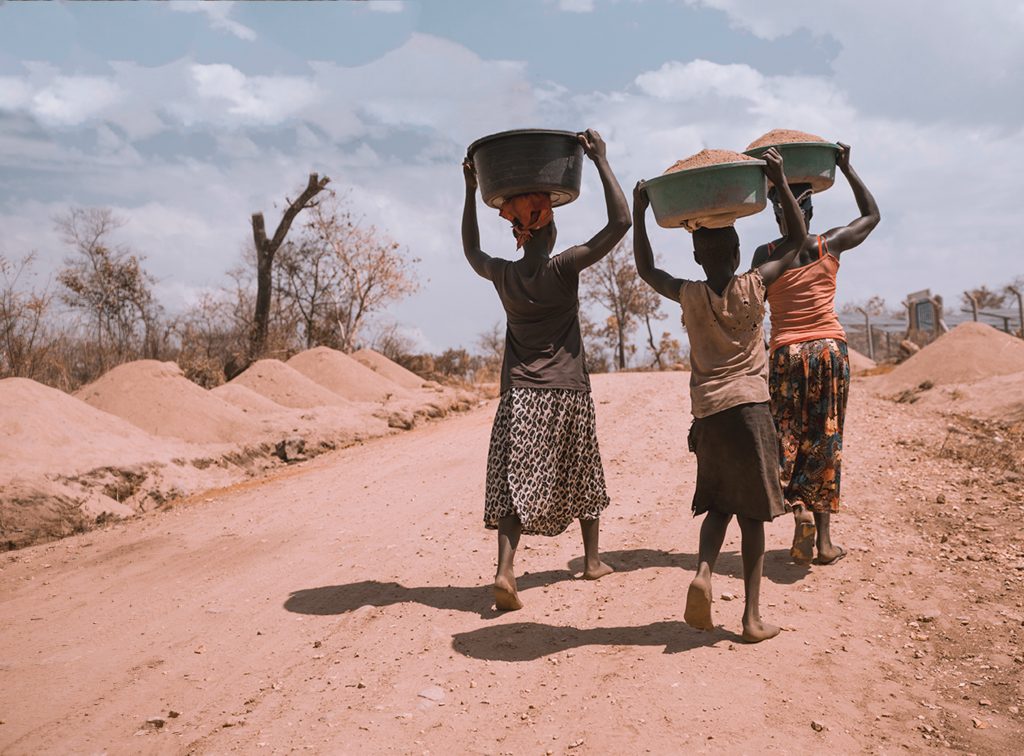More than 100 people were killed in January because they were Christians. It happened in the Democratic Republic of Congo, with the highest number of murders recorded in the provinces of Ituri and North Kivu, in the east of the country. The Islamist terrorists’ goal is revealed by Illia Djadi, senior analyst of Open Doors for freedom of religion or belief in sub-Saharan Africa: “Establish a ‘caliphate’ in the region.” The terrorist group Alliance for Democratic Forces (ADF) claimed responsibility for all the attacks that led to the death of more than 100 civilians in 31 days.
Terror cells
ADF is what remains of the Ugandan terror forces that dreamed of turning Uganda into an Islamic republic. In 2004, the ADF was defeated by the Ugandan regular army, but survived, finding refuge in the Democratic Republic of Congo. Here they suffered an almost final defeat in 2014, following a joint operation carried out by the armies of Congo and Uganda. Almost definitive, because small cells of fighters have survived, well hidden from the eyes of international observers, and have continued to recruit new energy, launching in the last two years a real offensive with clear expansionist aims. The ADF, which also calls itself Muslim Defense International, has been attacking Christian and other faith communities for years, killing those who do not convert to the battle for a new caliphate.
The United Nations on a mission
The Secretary-General of the United Nations, António Guterres, who on 6 January said that he is “shocked by the massacre of civilians, during recent attacks attributed to the Allied Democratic Forces (ADF) in the villages of Tingwe, Mwenda and Nzenga, near the territory of Beni in North Kivu province, Democratic Republic of Congo”, said that the ADF “is part of a network that starts in Libya and extends to the Sahel, in the Lake Chad region, and is also present in Mozambique”.
Guterres has revived the presence of United Nations’ blue helmets in the Democratic Republic of Congo to support the national army in the fight against the ADF, but the extremists continue to expand. Formally, there are no links to the Islamic State, but ISIS calls the Democratic Republic of Congo the “Central African province of the caliphate,” claiming its own responsibility for some of the attacks carried out by the local terrorist group.
Where ISIS can be reborn
The massacres of innocent civilians are the telltale signs of underground movements that run throughout Central Africa, movements that show the persisting vitality of ISIS. Djadi further explains: “The expansionist work of the ADF is very similar to what groups like Boko Haram are doing in northeast Nigeria. The ideology, the agenda is to establish a ‘caliphate’ in the region.”
Despite the massive presence of UN peacekeepers, Djadi says, Christians continue to be in danger because “the radical Islamic group ADF is still capable of carrying out mass killings of innocent civilians.” This is why Open Doors is calling for the international community to intervene to restore peace to the country, protecting Christians and all civilians who are now potential targets of terrorists.
